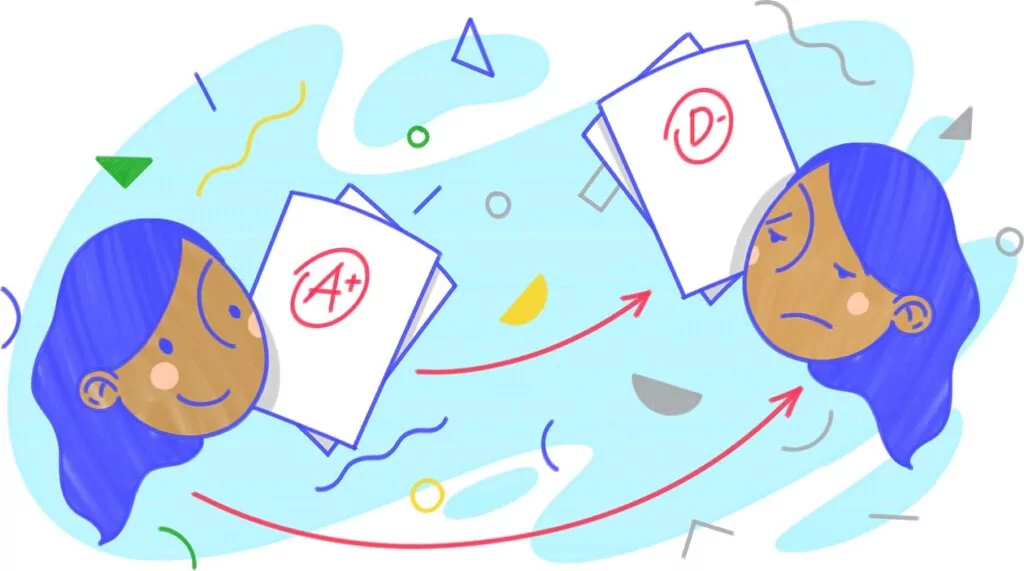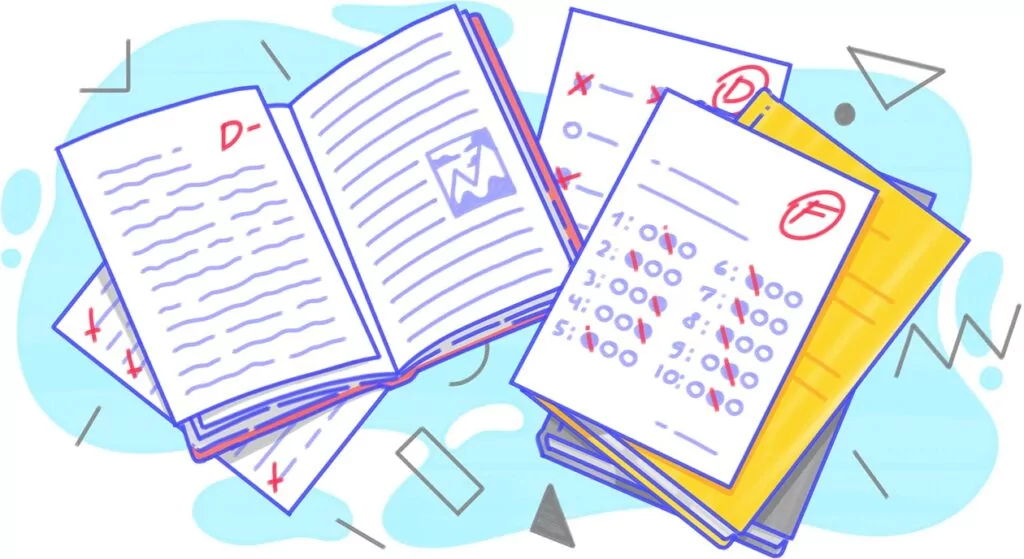Common warning signs to watch out for regarding children’s behavior at school, i.e., poor grades, loss of interest in after-school activities, etc.
Kids with CPP have to go to school, interact with their peers, and function in their daily lives—and that can feel like a lot to handle. If your child has CPP, keep an eye out for these shifts in attitude and behavior so you can be fully present to support your kiddo with challenges at school.

1. Changes in activities or friends
If your child suddenly loses interest in a subject or after-school activity they used to love, or if they seem to lose touch with long-term friends; pay attention. They may feel self-conscious about their size in P.E., for example. Or perhaps they feel alienated—or even bullied—by their old friends because of their CPP symptoms. If something seems amiss, sit down with your child and let them know you’re there for them. Acknowledge that adjusting to life with CPP must feel truly difficult, and see if you can get to the root of the issue. If your child knows that you support them no matter what, troubles at school might not seem so insurmountable, after all.

2. Concerned teachers
Even if you know your child has CPP, it can be very challenging to hear concerned feedback from their teachers. You may come to find out, for example, that your child’s emotional outbursts are affecting the rest of the class. In this instance, you may feel defensive, but this is an opportunity to get on the same page with your child’s teacher. If you haven’t done so, consider explaining that your child has CPP, so their hormones are likely the culprit of these outbursts. Get all the information so you can have a conversation with your child later, and work with their teacher to come up with a game plan. When you’re upfront about your child’s needs, it’s easier to build a support team for them.

3. Poor grades
No matter which stage of CPP your child is at—whether pre-diagnosis or treatment—CPP can be distracting. Whether your child is self-conscious about their physical puberty symptoms, worried about their upcoming treatment, lost in thought about their changing body, or simply adjusting to shifting hormones, they might lack the focus they need for class. In this case, it could help to call in the pros. Talk to your child’s school about how to best support them, and consider asking your pediatric endocrinologist for guidance.
Acclimating to CPP may take time, but with your support—and the support of their teachers, peers, and doctors—your child can find their way and enjoy academic success.
TPI.2021.2822.v1 (v1.1)




